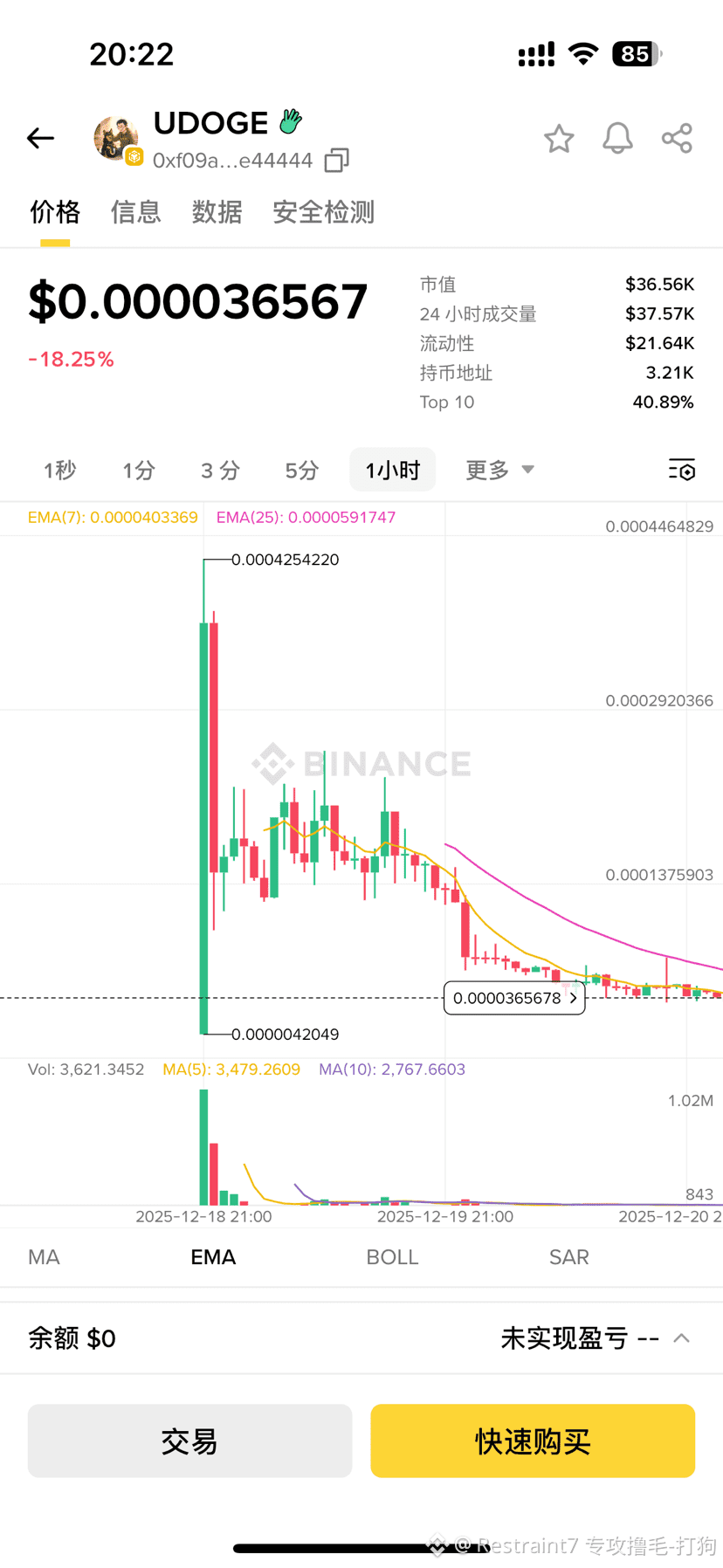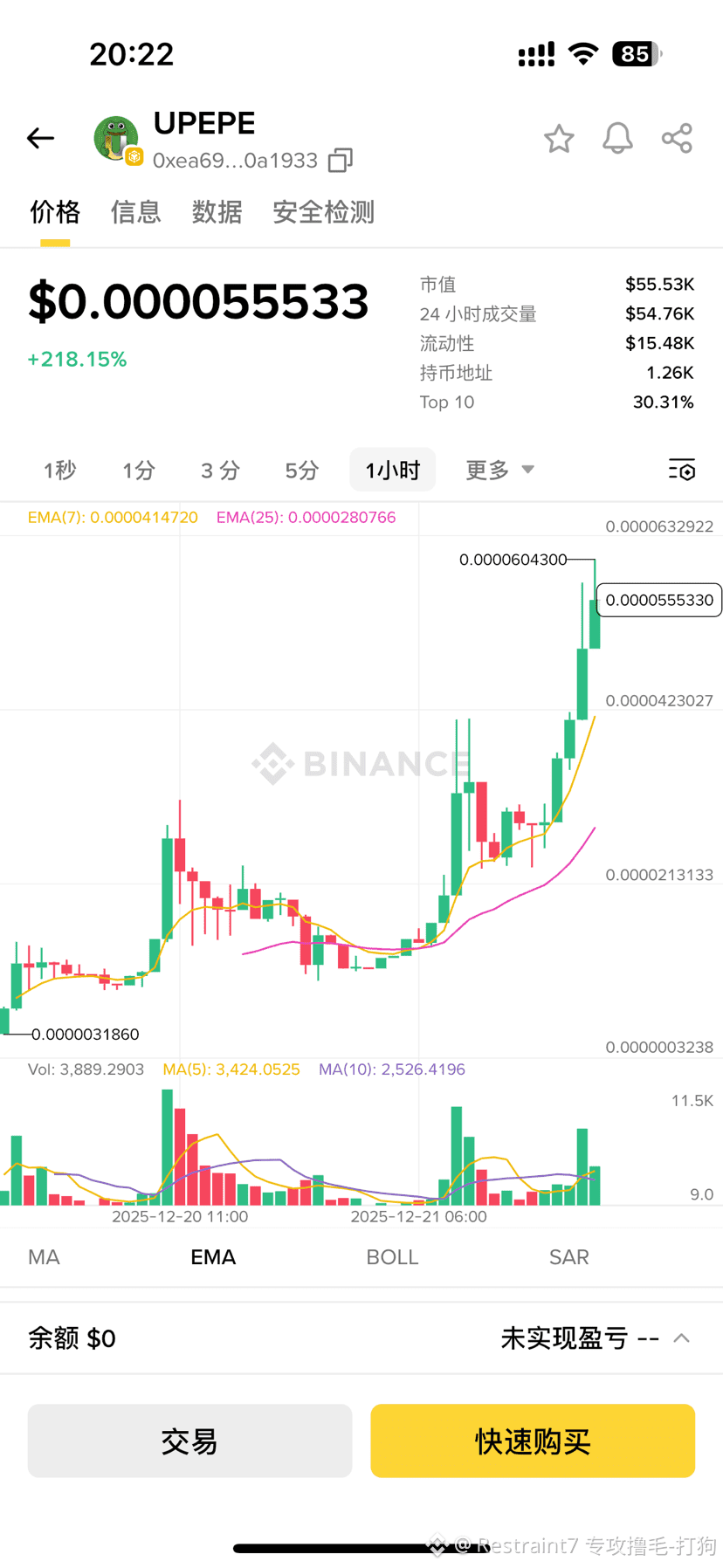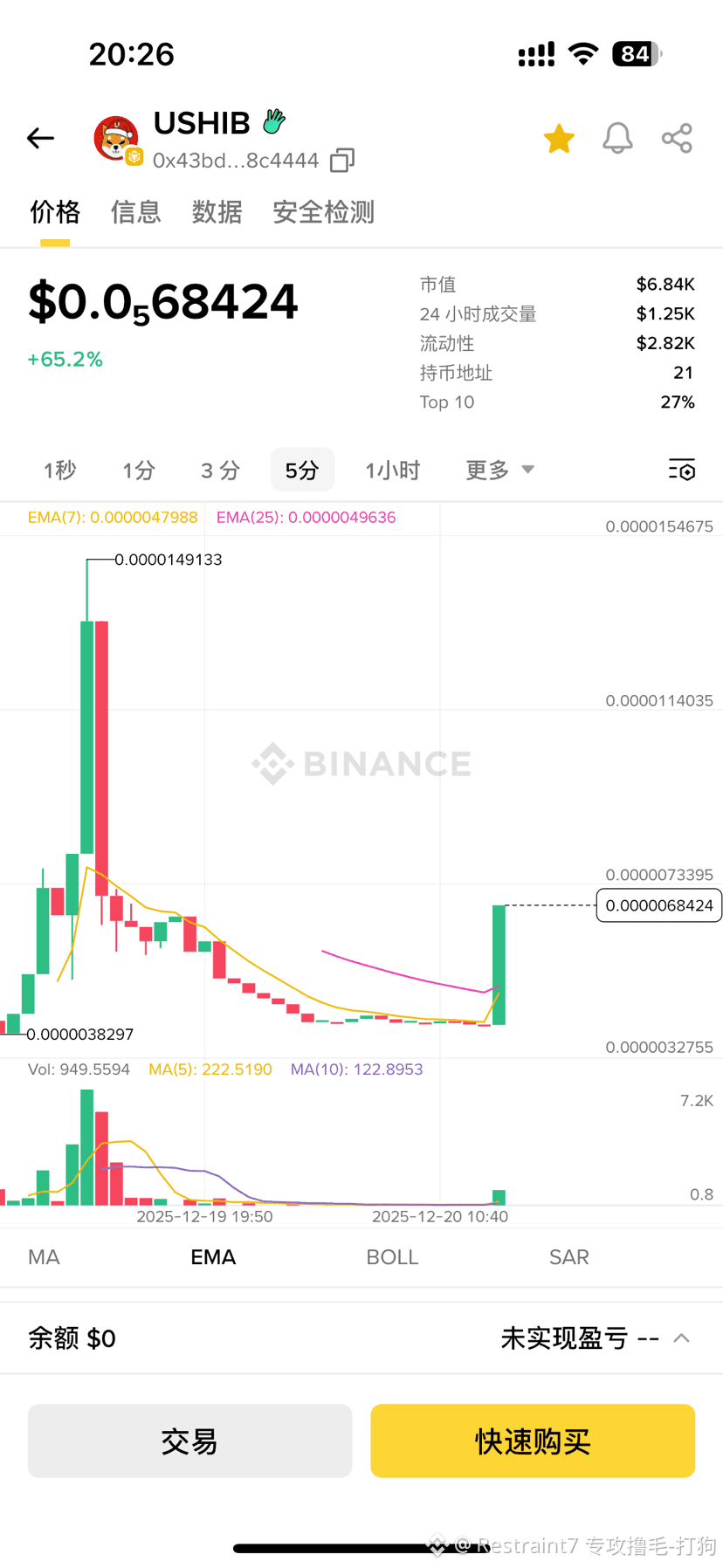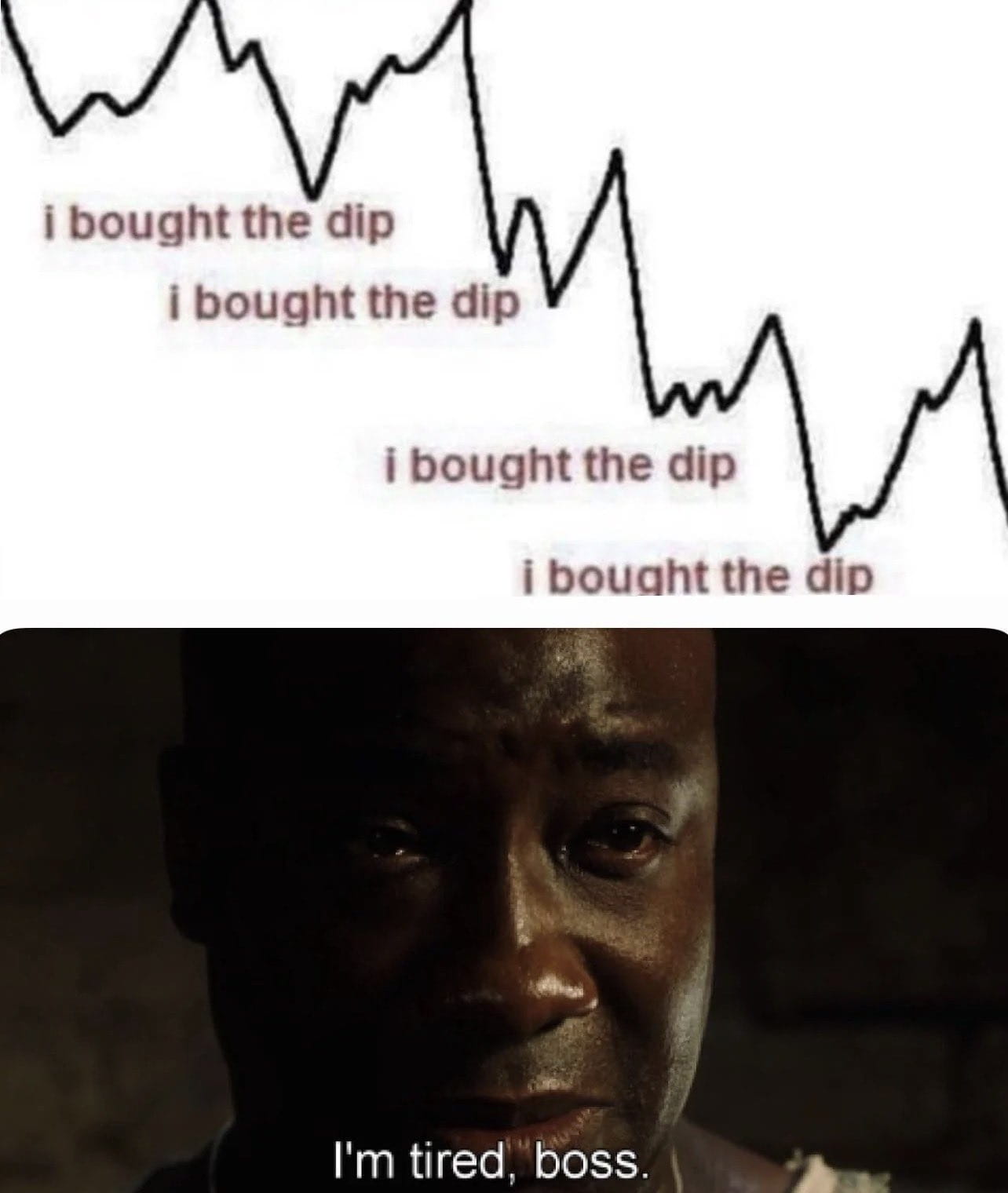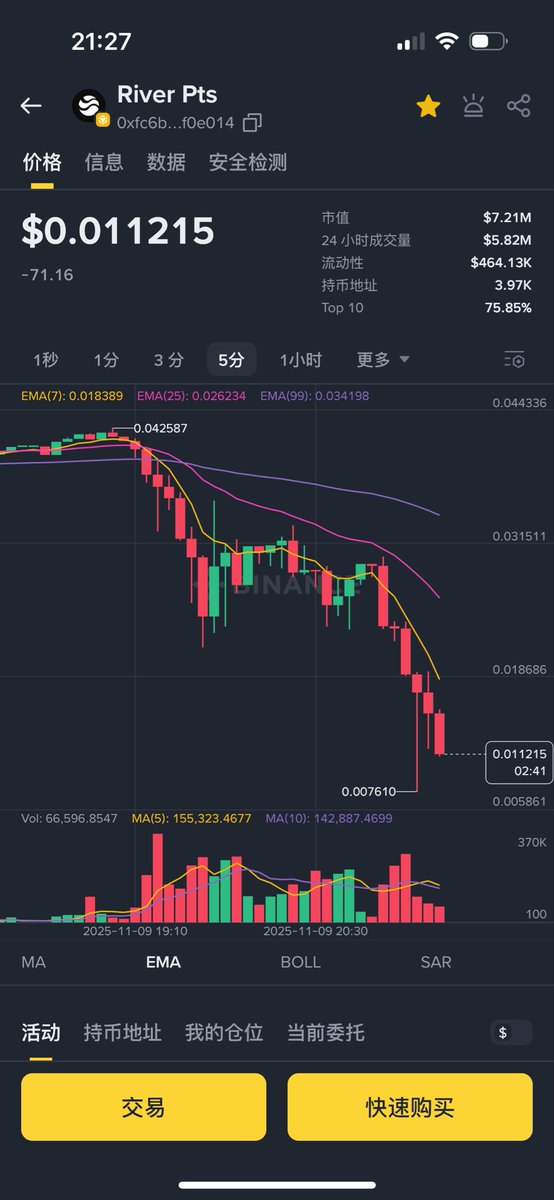Let me elaborate. Regarding the risk-reward ratio.
I initially started with quantitative CTA strategies, a modified version of the Turtle Trading strategy. The original Turtle Trading strategy linearly increased position size as ATR decreased.
I introduced a function that maximized position size when ATR was extremely low and minimized position size when ATR was high, making it non-linear.
This was particularly effective in the early days of the crypto market in 2018-2020, because the market often experienced prolonged periods of sideways movement followed by a large bullish or bearish candlestick.
This strategy had an extremely low win rate, only around 30%, but an extremely high risk-reward ratio. The stop-loss was typically set at 1%-2%, often capturing a 100% or even 200% trend.
Those interested can learn about the Turtle Trading strategy and simulate the 2018-2020 trends for EOS, BCH, and ETH using 4-hour charts. Also, consider BTC before 2019. With good factors, it should be possible to achieve returns of over a thousand times.
Anyway, from April 2019 to August 2020, I actually achieved a 15x return.
The Turtle Trading strategy is particularly suitable for those primitive circles, simply put, circles full of clueless retail investors.
Of course, the crypto market is no longer effective now; manipulation is too rampant.
I'll write about altcoins and news trading (event-driven) later when I have time.
The core idea behind my approach is to overfit to market conditions where the sideways movement is followed by a sharp upward move. In other words, the central idea of my strategy is to only capture this one type of trending market, ignoring all other large fluctuations (high ATR, very small position, equivalent to ignoring). So, things are interconnected: first find a profitable strategy, then only capture that one type of market; don't try to capture everything. Even with my altcoin strategy, I've won many coins, but I've never caught AIA, Coal, or Myx; they don't fit my strategy.


